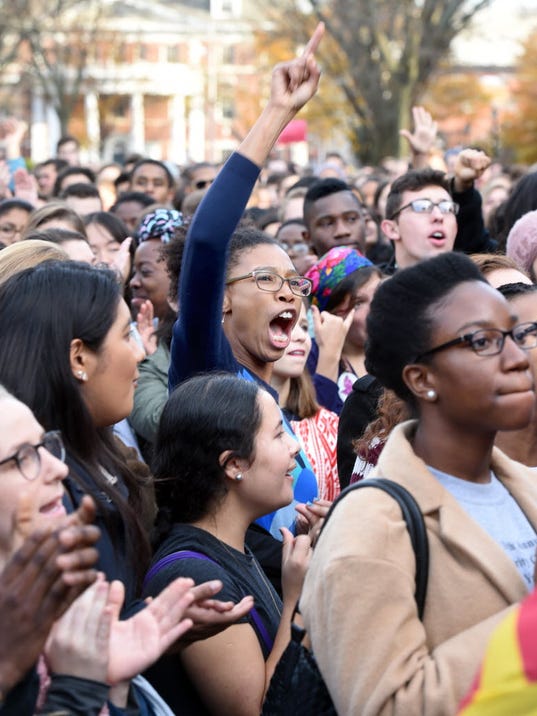How can students too spoiled to tolerate debate weigh opposing political arguments? They can't.
In 1971, the United States ratified the 26th Amendment, lowering the voting age from 21 to 18. In retrospect, that may have been a mistake.
The idea, in those Vietnam War years, was that 18-year-olds, being old enough to be drafted, to marry and to serve on juries, deserved a vote. It seemed plausible at the time, and I myself have argued that we should set the drinking age at 18 for the same reasons.
But now I’m starting to reconsider. To be a voter, one must be able to participate in adult political discussions. It’s necessary to be able to listen to opposing arguments and even — as I’m doing right here in this column — to change your mind in response to new evidence.
This evidence suggests that, whatever one might say about the 18-year-olds of 1971, the 18-year-olds of today aren’t up to that task. And even the 21-year-olds aren’t looking so good.
Consider Yale University, where a disagreement over what to do about — theoretically — offensive Halloween costumes devolved into a screaming fit by a Yale senior (old enough to vote, thanks to the 26th Amendment) who assaulted a professor, Nicholas Christakis, with a profane tirade because his failure to agree with her made her feel ... unsafe. His wife, Erika, who's a Yale lecturer on childhood education, had challenged a campus-wide request that students be sensitive when considering costumes that could be offensive.
As The Atlantic’s Conor Friedersdorf writes: “Erika Christakis reflected on the frustrations of the students, drew on her scholarship and career experience, and composed an email inviting the community to think about the controversy through an intellectual lens that few if any had considered. Her message was a model of relevant, thoughtful, civil engagement. For her trouble, a faction of students are now trying to get (her and her husband, also a professor there) removed from their residential positions, which is to say, censured and ousted from their home on campus. Hundreds of Yale students are attacking them, some with hateful insults, shouted epithets, and a campaign of public shaming. In doing so, they have shown an illiberal streak that flows from flaws in their well-intentioned ideology.”Read the rest of this op-ed HERE.
If you like what you see, please "Like" us on Facebook either here or here. Please follow us on Twitter here.




No comments:
Post a Comment